Governor Peter Kažimír Shares Insights on Euro and Global Economy at Lady Brabourne College
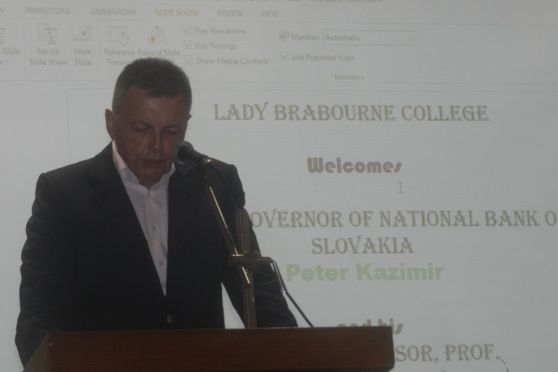

The Governor of the National Bank of Slovakia, Peter Kažimír, accompanied by his Chief Economic Advisor, the renowned economist Dr Biswajit Banerjee, paid a notable visit to Lady Brabourne College, Kolkata, on September 30, 2024. The event, which brought together students and faculty members, was an enriching session focused on Slovakia’s economic journey and the role of the Euro in shaping its future.
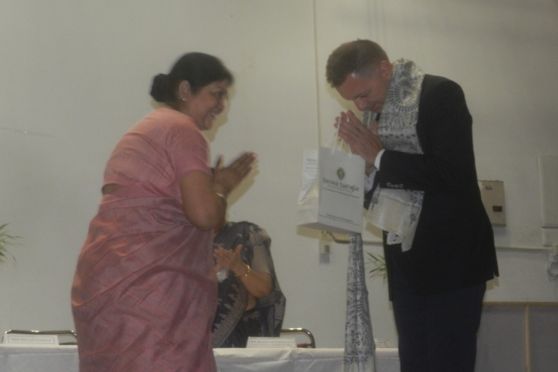
Kažimír delivered an insightful speech, outlining the introduction of the Euro into Slovakia’s economy and its subsequent impact. His presentation, known for its engaging style, was further deepened by Dr Banerjee’s reflections on global monetary policies. Together, they painted a picture of the intricate relationship between monetary policy and economic growth, drawing from their vast experience in European financial governance. As a key figure in the Eurozone’s financial evolution, Kažimír shared many critical observations on the importance of sound monetary policy in stabilising and fostering economic growth.
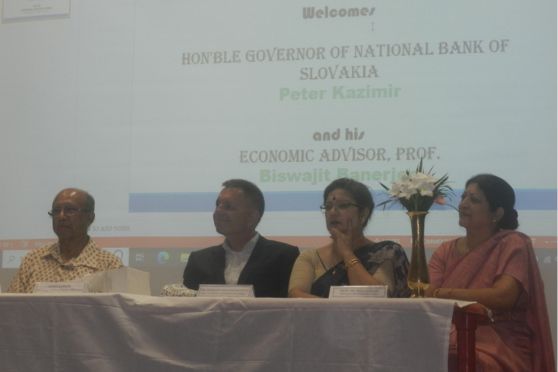
Kažimír’s presentation, known for its engaging style, was further deepened by Dr Banerjee’s reflections on global monetary policies. Together, they painted a picture of the intricate relationship between monetary policy and economic growth, drawing from their vast experience in European financial governance. As a key figure in the Eurozone’s financial evolution, Kažimír shared many critical observations on the importance of sound monetary policy in stabilising and fostering economic growth.
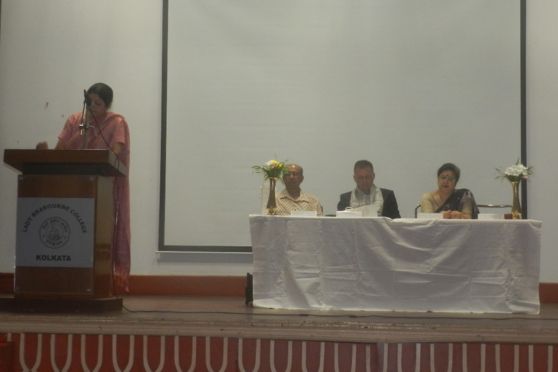
Highlighting Slovakia’s adoption of the Euro in 2009 and its entry into the Eurozone, he delved into the challenges of managing monetary policy across multiple nations in the Eurozone. He emphasised the crucial need for coordination between monetary and fiscal policies and discussed Slovakia’s financial journey, including both the triumphs and the setbacks. His address also touched on the economic struggles in the wake of the Covid-19 pandemic – surging inflation and disrupted supply chains – and the strategies that Slovakia, along with the broader European economy, implemented to recover.
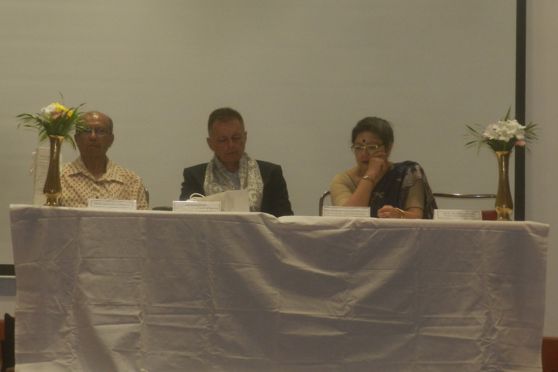
Dr Banerjee then provided valuable context for the students, comparing the operations of the Reserve Bank of India (RBI) with the European Central Bank (ECB). This comparison helped the audience draw parallels between Indian and European economic policies, making the discussion more relatable. Further, Dr Banerjee’s insights on central banking helped bridge the theoretical and practical aspects of global monetary governance.
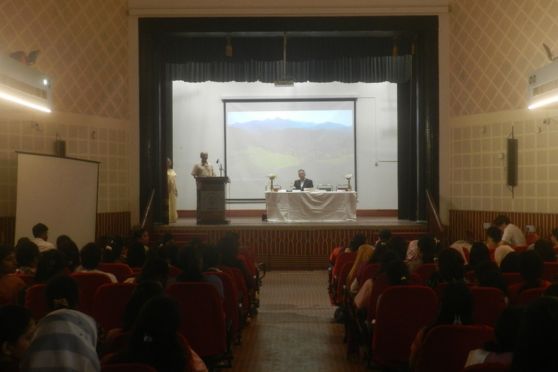
The students of Lady Brabourne College were keen participants in the interactive session that followed, raising thoughtful questions about controlling inflation, income inequality in Slovakia, and the energy crisis triggered by the Russia-Ukraine conflict. Kažimír, in his characteristic thoroughness, responded to each query, offering detailed explanations on Europe’s current economic challenges. In a delightful twist, both he and Dr Banerjee rewarded the two best questions, leaving the students inspired and motivated.
The event was lauded by the college’s principal, Professor Siuli Sarkar, who reflected on Slovakia’s adoption of the Euro. She remarked, “The advantage of adopting the Euro in Slovakia is that the monetary policy is rule-bound as opposed to discretionary. There is important literature, including the pioneering work of Finn Kydland and Edward Prescott, which shows that rule-bound monetary policies yield lower inflation and higher welfare. There are other advantages of this adoption, like increased foreign trade with the Eurozone and more foreign direct investments (FDI) in Slovakia. However, the downside is that in case of emergencies, such as natural calamities, monetary expansion is no longer an option for the authorities.”
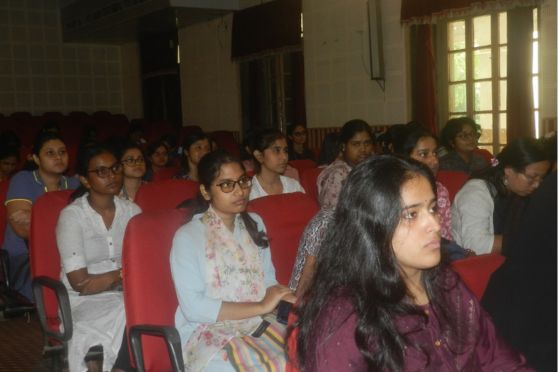
Dr Somasree Roychowdhury, Associate Professor of Economics and Teachers Council Secretary, echoed the value of the event for the students. “They gained knowledge on the functioning of central banks, particularly the RBI and the Central Bank of Slovakia, and also learned about how world currencies interact to influence global economies. The discussions broadened their understanding of socio-economic issues impacting Slovakia and beyond.”
Additional highlights of the event included a presentation on the landscapes and culture of Slovakia, which gave students a glimpse into the country’s beauty, further enriching their educational experience.
The open and lively interaction with international experts left the students not only more informed but also more confident about engaging in global economic discussions. Events like these are crucial for helping young minds build their understanding of global economics while fostering the confidence to participate in meaningful dialogues with prominent figures from around the world.